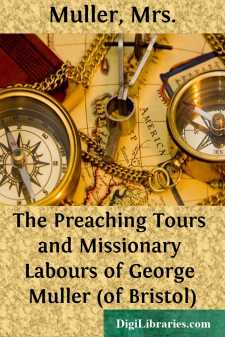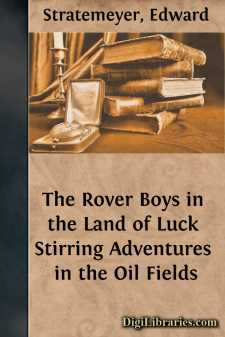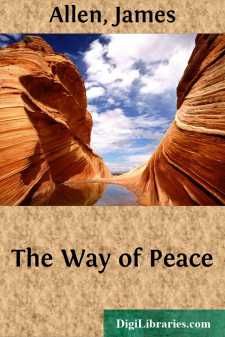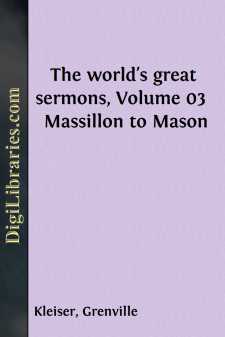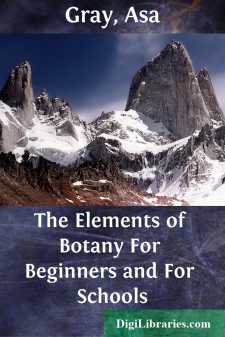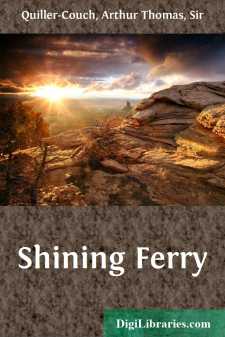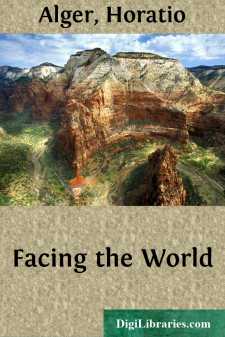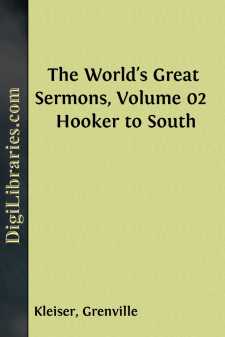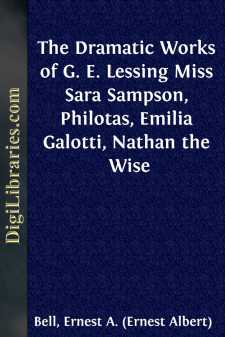Fiction
- Action & Adventure 180
- Biographical 15
- Christian 59
- Classics
- Coming of Age 5
- Contemporary Women 3
- Erotica 8
- Espionage/Intrigue 12
- Fairy Tales, Folklore & Mythology 236
- Family Life 169
- Fantasy 117
- Gay 1
- General 596
- Ghost 32
- Historical 808
- Horror 43
- Humorous 160
- Jewish 25
- Legal 4
- Medical 22
- Mystery & Detective 315
- Political 49
- Psychological 41
- Religious 64
- Romance 159
- Sagas 11
- Science Fiction 730
- Sea Stories 113
- Short Stories (single author) 537
- Sports 10
- Suspense 1
- Technological 8
- Thrillers 2
- Urban Life 31
- Visionary & Metaphysical 1
- War & Military 173
- Westerns 199
Classics Books
Sort by:
by:
Mrs. Muller
INTRODUCTION. Before the perusal of this book is entered upon, it seems desirable that I should myself state to the reader, what led me to undertake these missionary tours. It may be well to refer also to the objects I had particularly in view in connection with them; to mention how far the desired result has been attained; and to notice a few other points relating to these journeys. During many years...
more...
OUT IN THE STORM "Jack, it looks as if we were in for another storm." "Yes, and it's starting right now," declared Captain Jack Rover, as he glanced through the trees to the overcast sky. "Don't you hear it on the leaves?" "It does beat everything!" declared Andy Rover, his usually bright face clouding a bit. "It has rained enough in the past two weeks to...
more...
by:
James Allen
THE POWER OF MEDITATION Spiritual meditation is the pathway to Divinity. It is the mystic ladder which reaches from earth to heaven, from error to Truth, from pain to peace. Every saint has climbed it; every sinner must sooner or later come to it, and every weary pilgrim that turns his back upon self and the world, and sets his face resolutely toward the Father's Home, must plant his feet upon its...
more...
MASSILLON 1662-1742 THE SMALL NUMBER OF THE ELECT And many lepers were in Israel in the time of Eliseus the prophet; and none of them was cleansed, saving Naaman the Syrian.—Luke iv., 27. Every day, my brethren, you continue to ask of us, whether the road to heaven is really so difficult, and the number of the saved really so small as we represent? To a question so often proposed, and still oftener...
more...
by:
Asa Gray
Section I. INTRODUCTORY. 1. Botany is the name of the science of the vegetable kingdom in general; that is, of plants. 2. Plants may be studied as to their kinds and relationships. This study is Systematic Botany. An enumeration of the kinds of vegetables, as far as known, classified according to their various degrees of resemblance or difference, constitutes a general System of plants. A similar...
more...
CHAPTER I. ROSEWARNE OF HALL. John Rosewarne sat in his counting-house at Hall, dictating a letter to his confidential clerk. The letter ran— "Dear Sir,—In answer to yours of the 6th inst., I beg to inform you that in consequence of an arrangement with the Swedish firms, by which barrel-staves will be trimmed and finished to three standard lengths before shipment, we are enabled to offer an...
more...
by:
Horatio Alger
"Here's a letter for you, Harry," said George Howard. "I was passing the hotel on my way home from school when Abner Potts called out to me from the piazza, and asked me to bring it." The speaker was a bright, round-faced boy of ten. The boy whom he addressed was five or six years older. Only a week previous he had lost his father, and as the family consisted only of these two, he...
more...
HOOKER 1586-1647 THE ACTIVITY OF FAITH; OR, ABRAHAM'S IMITATORS And the father of circumcision to them who are not of circumcision only, but who also walk in the steps of that faith of our father Abraham, which he had, being yet uncircumcized.—Romans iv., 12. I proceed now to show who those are, that may, and do indeed, receive benefit as Abraham did. The text saith, "They that walk in the...
more...
by:
Juliet Corson
PREFACE. This book is intended for the use of those housekeepers and cooks who wish to know how to make the most wholesome and palatable dishes at the least possible cost. In cookery this fact should be remembered above all others; a good cook never wastes. It is her pride to make the most of everything in the shape of food entrusted to her care; and her pleasure to serve it in the most appetizing...
more...
Since Luther, Germany has produced no greater or better man than Gotthold Ephraim Lessing; these two are Germany's pride and joy. This is the witness of Heine, and with Goethe in memory, none would pronounce the statement too bold. Luther and Lessing are Germany's representative men; each inaugurates an epoch the very existence of which would not have been possible without him. Nor is this...
more...


